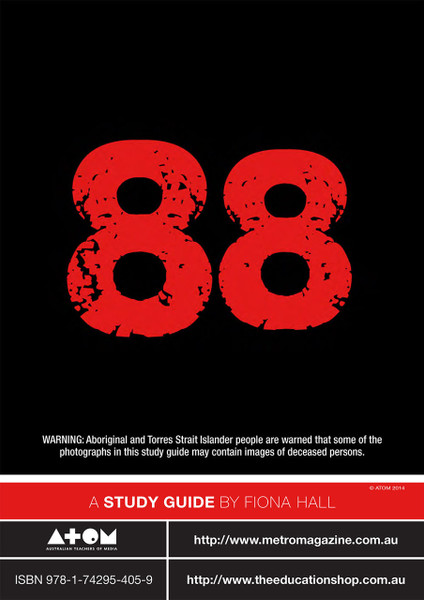Product Overview
On 26 January 1988, over 2.5 million people lined the streets of Sydney to commemorate the arrival of the First fleet in New South Wales, a day that marked the beginning of European settlement in Australia.
Coined the 'Celebration of a Nation', the 1988 re-enactment of the First Fleet held a very different meaning for Australia's Aboriginal community. On that very same day, Aboriginal people from across the country took part in Sydney's largest march since the Vietnam Moratorium. Convoys of people travelled from every corner of Australia to take part in the march for 'Freedom, Hope and Justice'. The march was a statement of survival and a sobering reminder of the exclusion of Aboriginal voice in Australian history.
Earlier protests at the 1982 Commonwealth Games had attracted significant interest from international media outlets. The efforts had created global awareness about Australia's true origins and put the Aboriginal message firmly into the spotlight. 1988 there was deemed a prime opportunity to take a stand. In a time prior to mobile phones and social media, a grassroots mobilisation of communities throughout Australia was the only way to draw mass media attention to Australia's appalling human rights record. The protest message was loud and clear to all: 'White Australia has a black history'. 1988 subsequently became known as the 'Year of Mourning', a sharp contrast to a national event that remains to this day one of the biggest celebrations Australia has ever witnessed.
88 is a landmark documentary that explores the remarkable events that led up to 26 January 1988. The Bicentennial of the First Fleet was a watershed moment in Australian history and it triggered the largest gathering of Indigenous people this country has ever seen, who came together to tell their story. The protest that occurred on that day instigated mass public debate about the concept of Australian history, the position of Aboriginal people in contemporary society and their sheer determination to be heard.
The subsequent events of 1988 changed white and black Australia forever. They led to the establishment of numerous Indigenous organisations, a new generation of leaders, new attitudes towards the way we celebrate Australia Day and a realisation of the issues facing Aboriginal people in the present day. For the first time ever, Indigenous people became part of the wider dialogue and there was acknowledgement that 26 January had a very different resonance for the country's Indigenous communities. A line had indeed been drawn in the sand.
Curriculum Links
88 can be related to studies of History and English.







